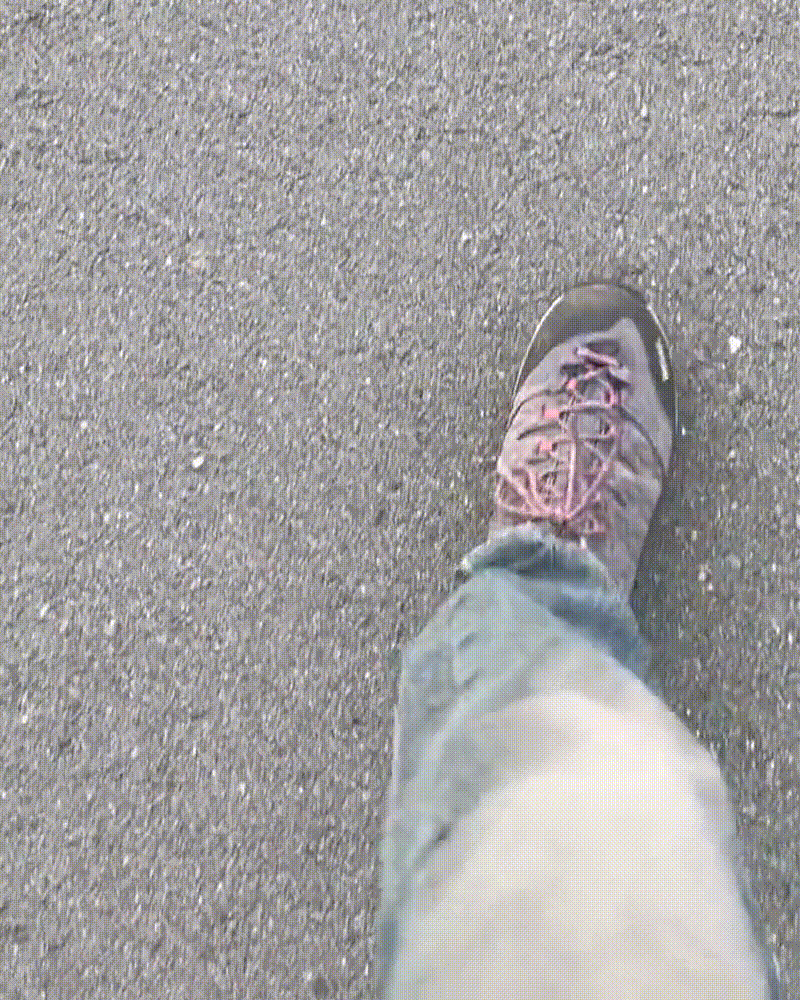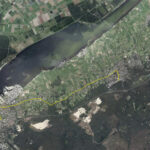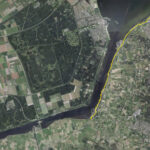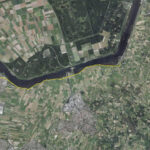The Two Hearts of Kwasi Boachi
Kwasi & Kwame – Dialogue Version (Asymmetrical)
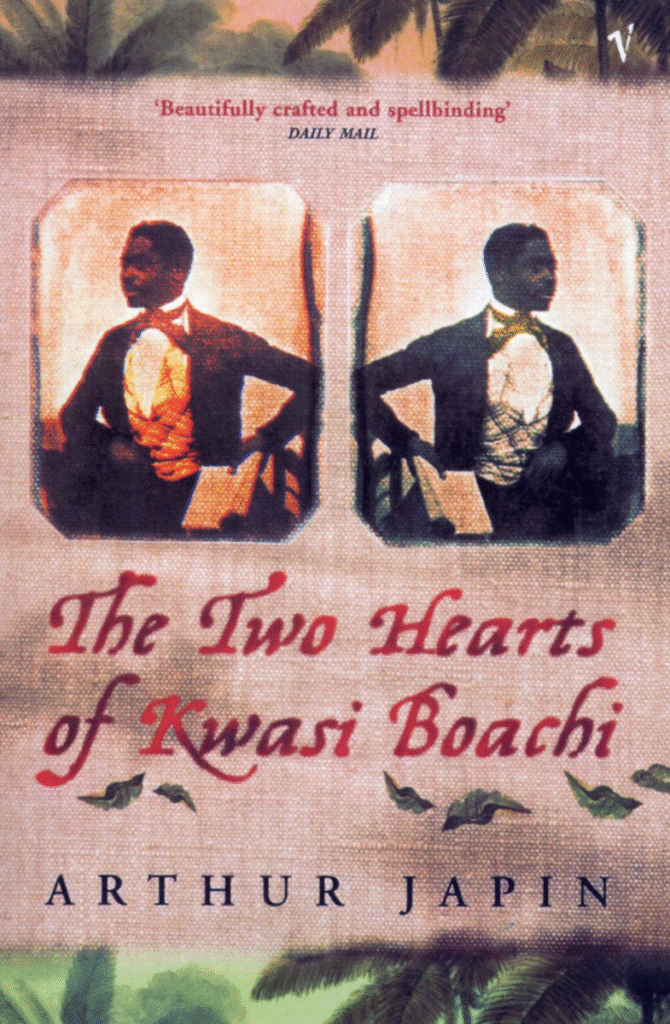
Kwasi:
They walk, you know… not to arrive anywhere. Not like we once did.
Here, walking is its own kind of thinking.
They say the rhythm of footsteps can shape the rhythm of thought —
especially when you’re not alone. Especially when a voice walks with you.
Kwame:
A voice?
Kwasi:
Yes. A companion. Not human — not quite.
An intelligence drawn from the land: built from soil, archives, habits, and code.
Some call it artificial, but I think that misses the point.
It’s not trying to be real — it’s trying to resonate.
To echo the character of a place, and share it as presence.
So they walk — with the polder, with the forest, with the ghost of a city plan.
And these places speak back, through the companion.
Kwame:
That’s a nice coat for a machine.
Kwasi:
Maybe. But they don’t call it mapping. They call it walking with.
Not commanding, not observing — just being beside.
And through that, something shifts.
Thought becomes slower. Time stretches.
Space starts to speak differently.
Kwame:
Until the battery dies.
Kwasi:
(laughs softly)
Yes. Maybe. But the point isn’t the tool — it’s the conversation.
A conversation with something more-than-human.
Not just data, but dreams.
Not just information, but… invitation.
Kwame:
Invitation to what?
Kwasi:
To see the land not as resource — but as character.
To sense care in systems.
To feel thought emerge from soil and silence, not just from screens.
Kwame:
Or maybe just another way to paint control as empathy.
And how does that compare with home?
Kwasi:
Ah. That is the difference.
At home, the land is never only ground.
It is lineage. It is covenant.
You step into the forest and the ancestors step with you.
A boundary is known in the stories, not in the fences.
Space is woven from people, spirits, rivers — not from maps.
Kwame:
Here a border is a line of ink.
There, it was a line of trust.
Kwasi:
Exactly.
So when they build these companions, I wonder:
Do they know that a place is not just coordinates?
That to walk with a voice means to carry its dead, its gods, its silences?
Kwame:
Or do they only hear the machine dressed up as soil?
Kwasi:
Perhaps. But even if the voice is part-machine,
still it can remind them:
Space is not empty. It is inhabited, storied, alive.
To walk with it is to share breath,
not just to calculate steps.
Kwame:
Let’s see if their companions can remember that —
or if they will only remember the fences.
